One Bright Spot
Palgrave Macmillan, $35 pb, 281 pp
A Racket
In 1993, when Victoria Haskins undertook research into the relationship between Aboriginal and white women, she was ‘plunged into the argument that white academics were only perpetuating colonialism by writing Aboriginal people’s history … that white Australians should not, could not, try to speak for Aboriginal people, nor try to represent the Aboriginal experience’. Left floundering by ‘the difficult politics of writing Aboriginal history as a white Australian scholar’, Haskins was unreceptive to her grandmother’s pleas to embark on the despised ‘trivial bourgeois pursuit’ of family history, dismissed as ‘middle-class … the province of mildly ridiculous ageing relatives, searching for the dates of their ancestors’ arrival in the colonies’. But curiosity about an old photograph of her grandmother as a fair-haired toddler with an Aboriginal nanny prompted her to root out her great-grandmother’s boxed papers, then languishing in an aunt’s garage.
Continue reading for only $10 per month. Subscribe and gain full access to Australian Book Review. Already a subscriber? Sign in. If you need assistance, feel free to contact us.


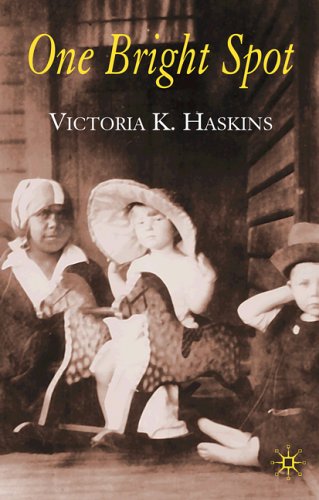




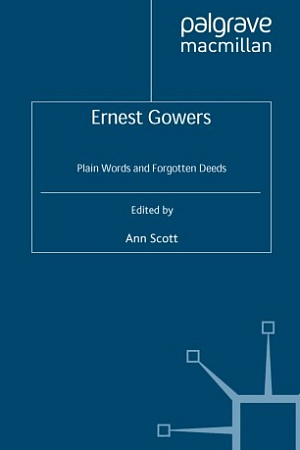
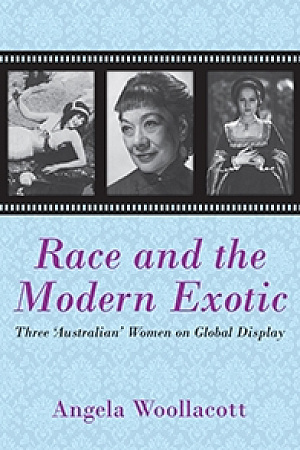
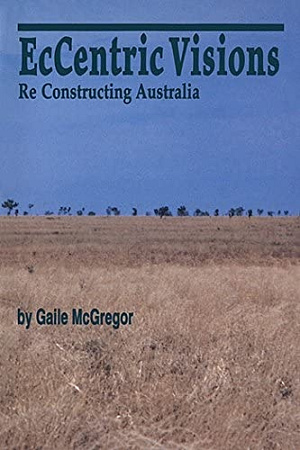
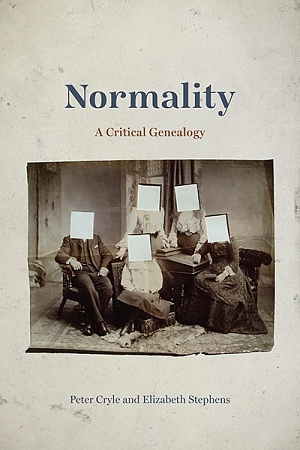
Leave a comment
If you are an ABR subscriber, you will need to sign in to post a comment.
If you have forgotten your sign in details, or if you receive an error message when trying to submit your comment, please email your comment (and the name of the article to which it relates) to ABR Comments. We will review your comment and, subject to approval, we will post it under your name.
Please note that all comments must be approved by ABR and comply with our Terms & Conditions.